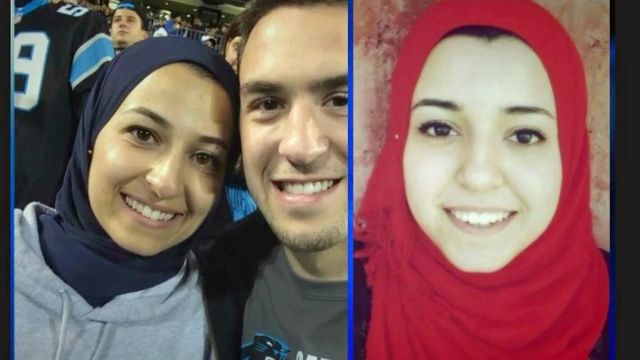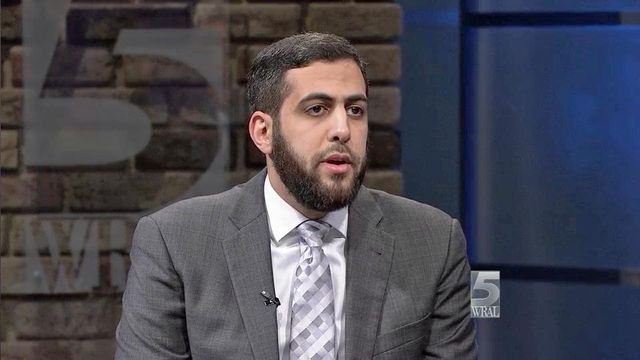Muslims in Triangle live with hatred, hope
In the Triangle and around the country, Muslims have held vigils for terrorism victims, rallied in denouncing ISIS and started campaigns promoting tolerance and compassion. Yet, the FBI reports hate crimes against Muslims are rising.
Posted — UpdatedIn the Triangle and around the country, Muslims have held vigils for terrorism victims, rallied in denouncing ISIS and started campaigns promoting tolerance and compassion. Yet, the FBI reports hate crimes against Muslims are rising.
When Kulsum Tasnif can’t find the words for what she's feeling, her emotions pour out on canvas.
In the hours after extremists killed 130 people across Paris, she painted an image of a Muslim woman crying.
"It was just a translation as to what Muslims were feeling," she said, "which was sadness, which was devastation, a sense of hopelessness."
With each attack by extremists, Tasnif, a Muslim artist living in Raleigh, feels the ripple effect of distrust and fear.
And she worries about her three children.
"It's hard speaking to my kids because they’re fairly innocent and I don’t want to scare them," she said.
In Durham, Waseem Shehzad faces similar challenges in explaining hate-filled rhetoric to his children.
"Of all people, we know what it means to have your loved ones killed suddenly for no reason," he said.
Although police have said Craig Stephen Hicks had an on-going dispute with the three young people over a parking space, Abu-Salha sees it differently.
Abu-Salha calls Hicks a terrorist and wonders why others do not.
He works tirelessly to tell the world about his daughters – young, philanthropic Americans.
Still, Abu-Salha sees hope. So does Waseem Shehzad and Kulsum Tasnif. Each has experienced the compassion of their neighbors and their curiousity and genuine interest in the Muslim faith.
Though very different, these three share a common determination to rise above hate and set a living example of peace.
• Credits
Copyright 2024 by Capitol Broadcasting Company. All rights reserved. This material may not be published, broadcast, rewritten or redistributed.






